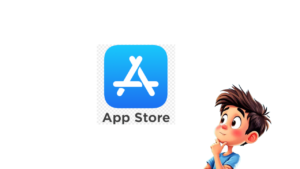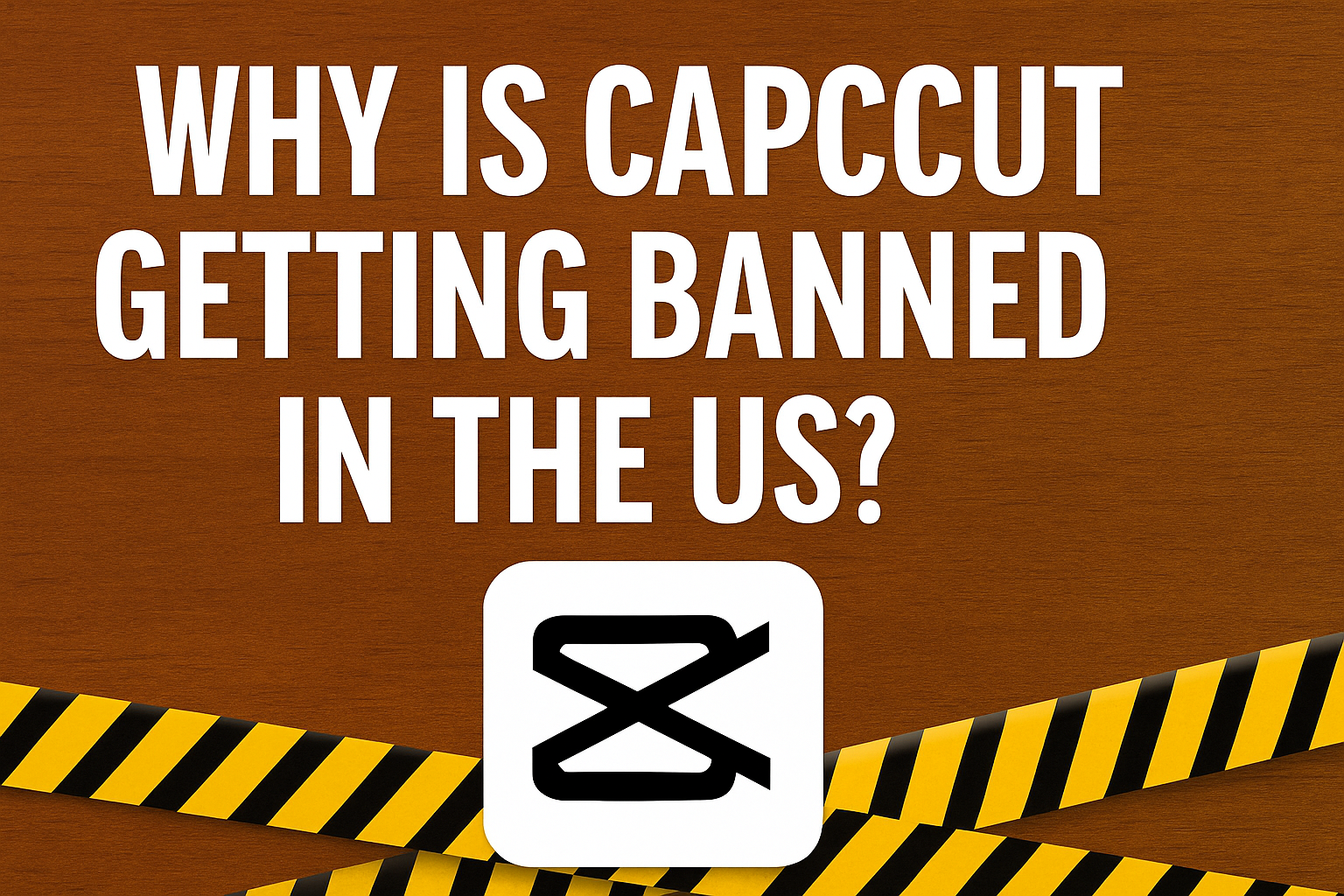Why Is CapCut Getting Banned in the US?
Just imagine: you’re all set to edit your next viral short, grab your phone, head to the app store to install CapCut, and poof, it’s missing. Confused? You’re not the only one. CapCut, a popular editing app for millions of creators worldwide, is now caught up in a legal firestorm in the United States. But what’s the deal? Why is such a powerful and free tool suddenly under government inspection?
Do check out more on fiscoratool.com
The Real Story Behind CapCut’s Popularity
CapCut didn’t rise to the top by accident. It’s become a primary tool for content creators, especially those trending short-form videos for TikTok, Instagram Reels, and YouTube Shorts. From smooth transitions to auto-generated captions, it packs pro-level features into a free, easy-to-use app. And when you’re editing on your phone or working with a tight budget, that kind of value is hard to beat.
So, with all this value, why is the U.S. government stepping in?
CapCut and ByteDance: The Link You Need to Know
Who Owns CapCut, Anyway?
CapCut is currently owned by ByteDance, the same Chinese company that also owns TikTok. That ownership is the core issue.
Why ByteDance Raises Red Flags in the U.S.
US lawmakers are increasingly worried that ByteDance might be forced by the Chinese government to hand over user data. Even if you’re just cutting your clips or adding captions, CapCut could be quietly gathering metadata like your location, device details, and possibly your facial recognition info.
What Triggered the Ban Talk?
A New Law Called PAFACA
In 2024, the U.S. passed a law called the Protecting Americans from Foreign Adversary Controlled Applications Act (PAFACA). The law gave ByteDance a choice: sell their U.S. assets or face a ban.
This applied not just to TikTok but to all apps under ByteDance. Yep, including CapCut.
A deadline was set.
ByteDance had 270 days to sell off its U.S. operations. When they didn’t, the U.S. government made its move.
What Actually Happened to CapCut in the U.S.?
Removed From App Stores
On January 19, 2025, CapCut disappeared from both the Apple App Store and Google Play. New users couldn’t download it anymore, and updates were frozen.
Users who already had it could still use it… kind of.
If you already had CapCut installed, it still worked (with some glitches). But reinstalling it? Nope. That was blocked.
Was the Ban Final? Not Exactly
Temporary Reprieve
Right after the ban started, a last-minute order from the government put things on pause. This gave ByteDance and U.S. officials extra time to talk things through.
During that pause, CapCut started working again for some users.
But CapCut still isn’t back in app stores. Even with the delay, CapCut still didn’t make it back to the app stores by mid-2025. So, if you get a new phone or delete the app by mistake, you’re out of luck now; you won’t be able to download it again unless you find a way, like using a VPN or an APK file.
Why This Is a Bigger Deal Than It Seems
Your Data Could Be at Risk
Even if you’re only using CapCut to edit videos, the app might be collecting more information than you think. In fact, a lawsuit filed in 2023 claimed that CapCut was catching things like your location and even face data without taking your permission.
Think about it—your face, your voice, your GPS location—all potentially up for grabs. That’s why lawmakers are nervous.
Creators Are Left Scrambling
Many creators relied on CapCut for quick, high-quality edits. When it disappeared, people scrambled for backups, VPNs, and alternatives.
If you’re a daily editor, this kind of disruption is more than inconvenient; it messes with your workflow, your content schedule, and even your income.
What Should Creators Do Now?
Back Up Everything
Seriously, back up your CapCut projects. Use cloud storage or external drives. Don’t wait for another surprise ban to hit.
Also check out How to Use Meta AI to Edit Videos Like a Pro
Explore CapCut Alternatives
Here are a few solid replacements worth checking out:
InShot: simple and beginner-friendly.
VN Editor: almost the same as CapCut in layout and tools.
KineMaster: great for multilayer editing.
Adobe Premiere Rush: perfect for creators already in the Adobe ecosystem.
DaVinci Resolve: If you’re editing on a desktop and want pro-level tools.
You’ve got options. The key is to try them before you’re forced to.
Will CapCut Come Back to the US App Stores?

That’s still a big maybe.
If ByteDance decides to sell CapCut’s U.S. operations or creates a separate version that stores data only in the U.S., the app could make a comeback.
But for now, things are not looking good, as there’s no clear timeline, and we don’t know how much longer the talks will drag on, the less likely a smooth return becomes.
Conclusion
Don’t Wait for the Next Ban. CapCut’s story is a reminder for every creator that even your favorite apps can vanish overnight when politics get involved. No matter how good or powerful a tool is, it’s never 100% safe.
That’s why it’s important to stay prepared, back up your projects, and have a few backup apps as well ready to go. Flexibility is your important thing in the fast-moving world of content creation.

